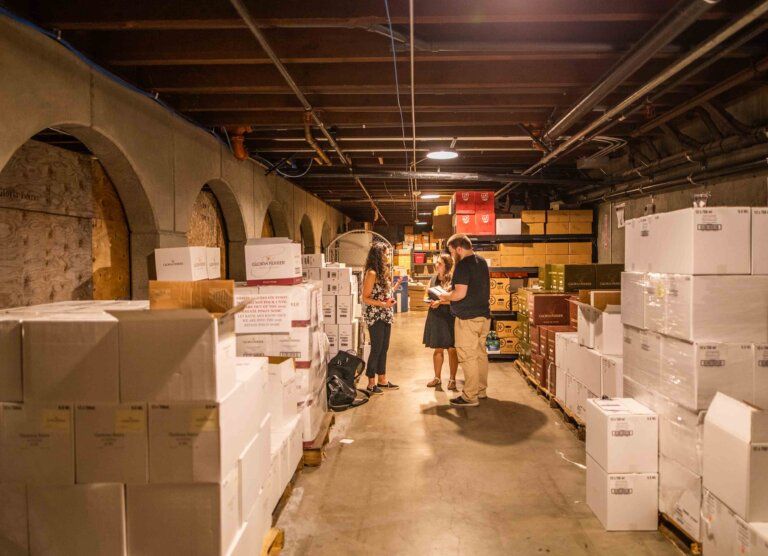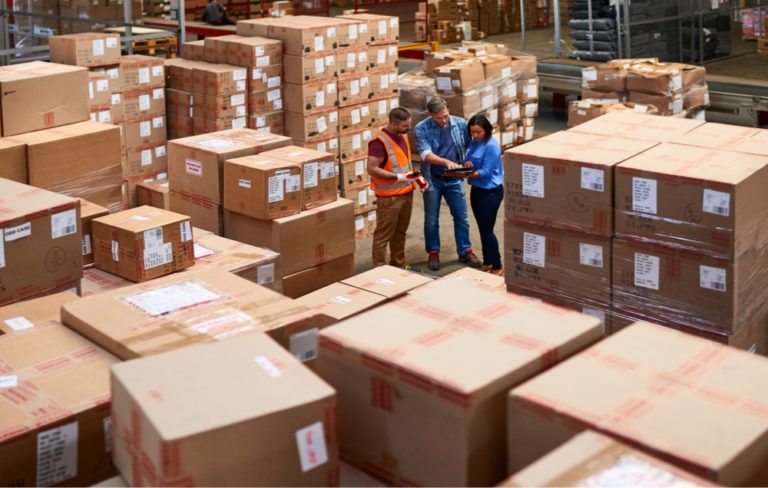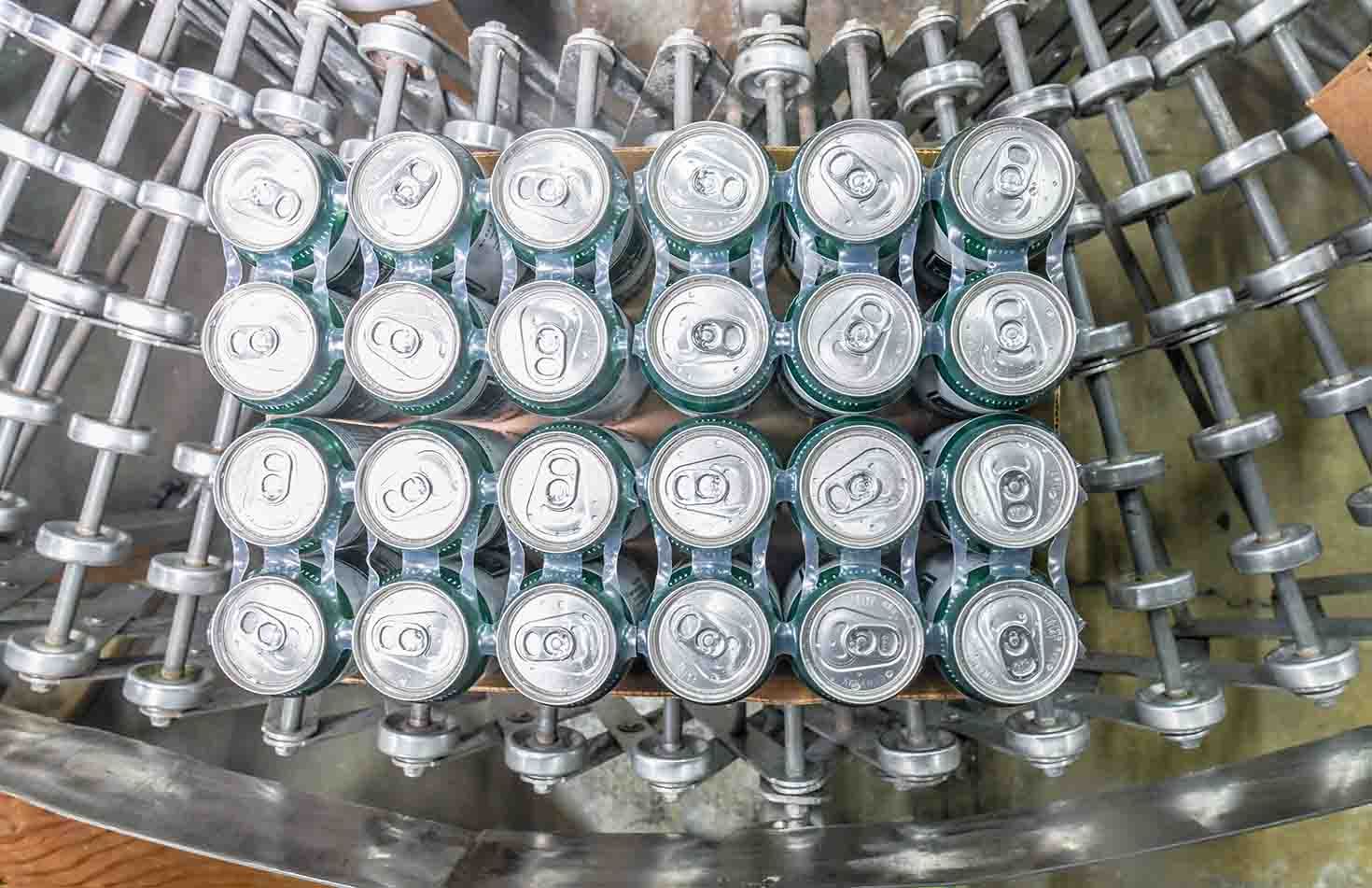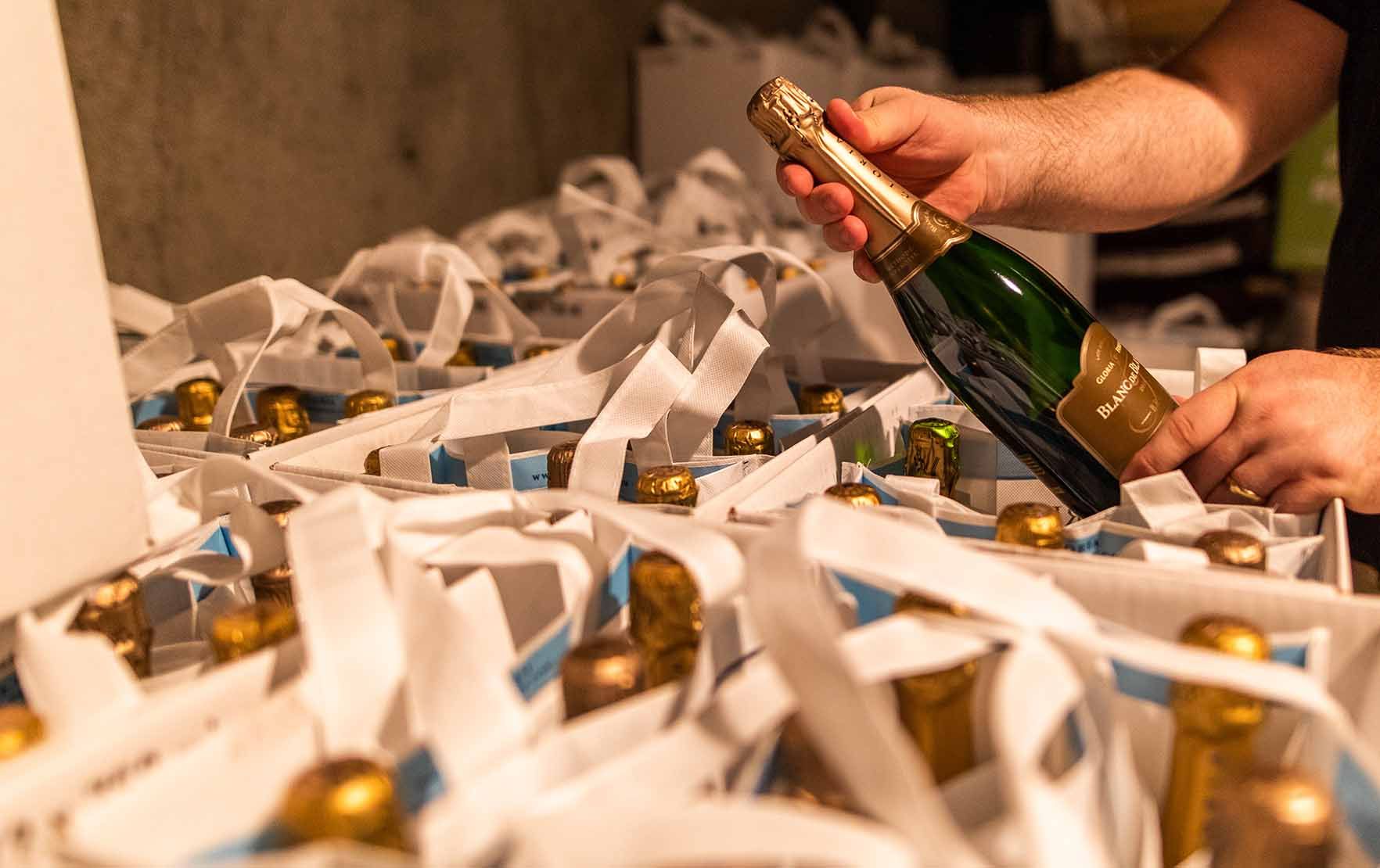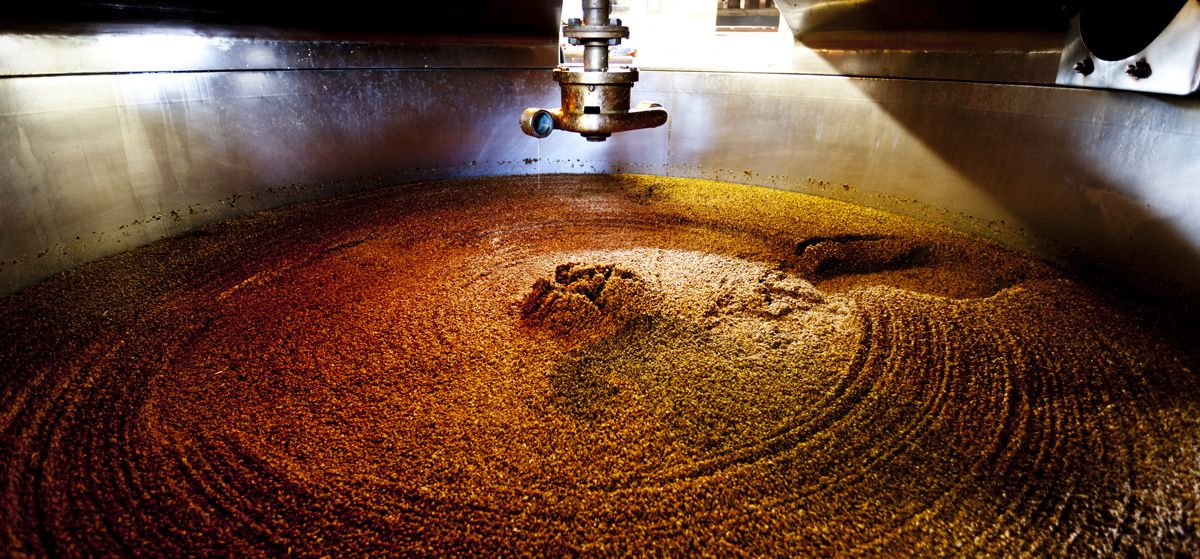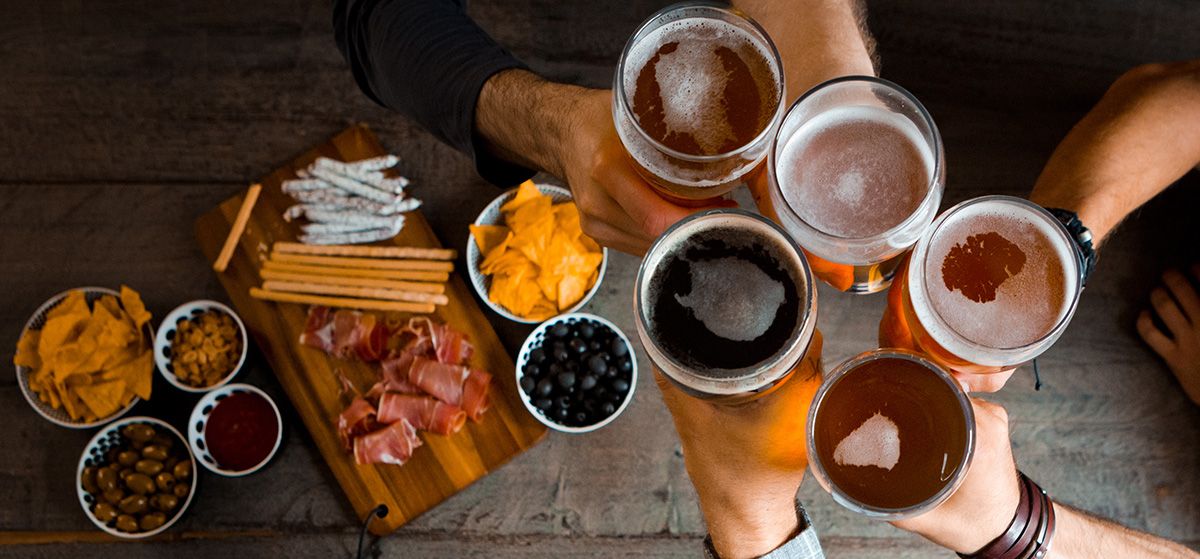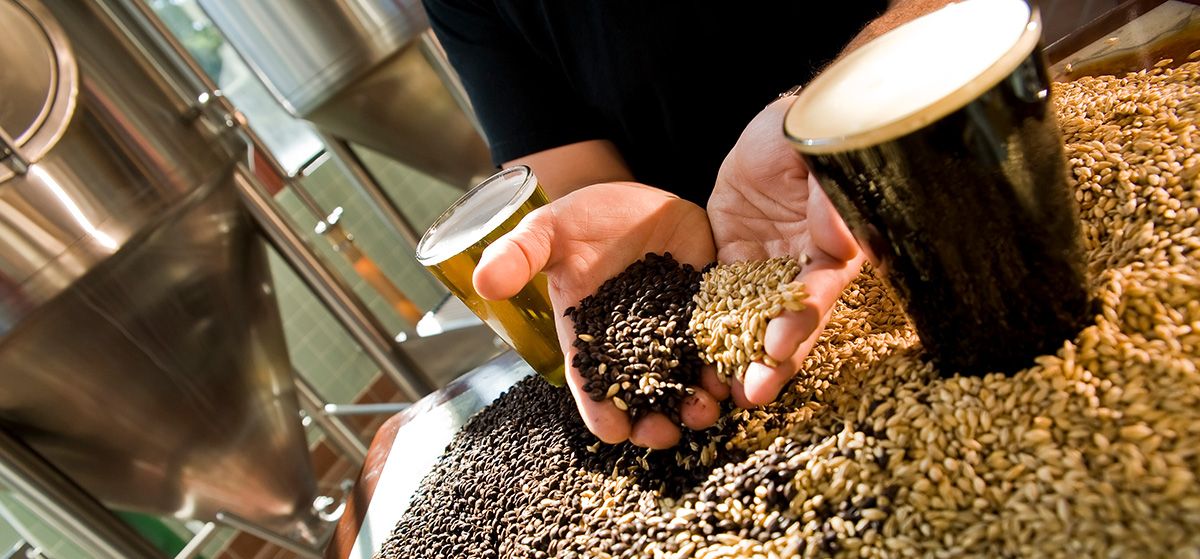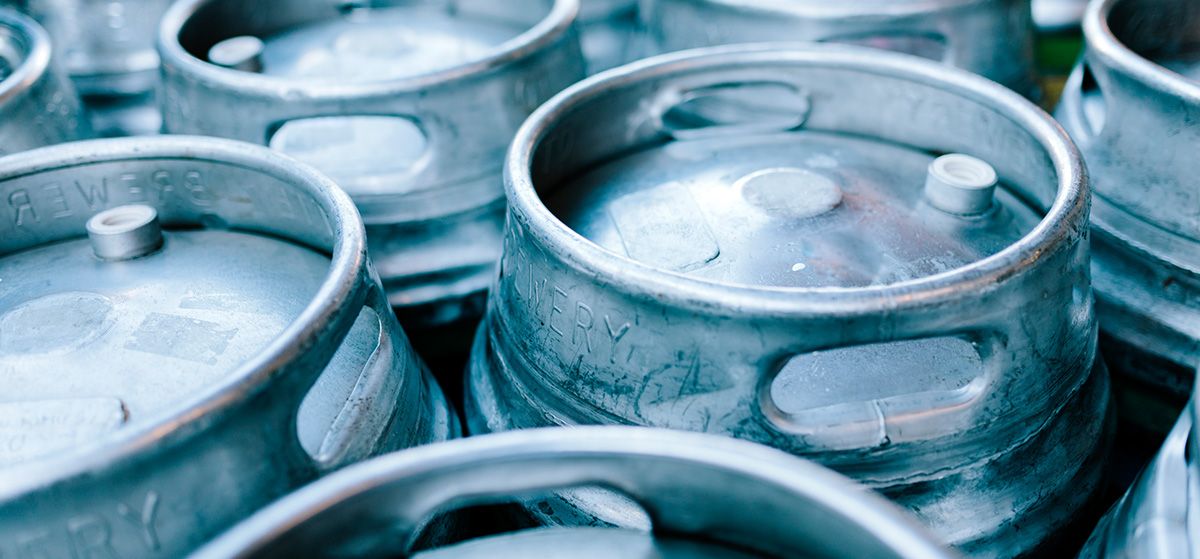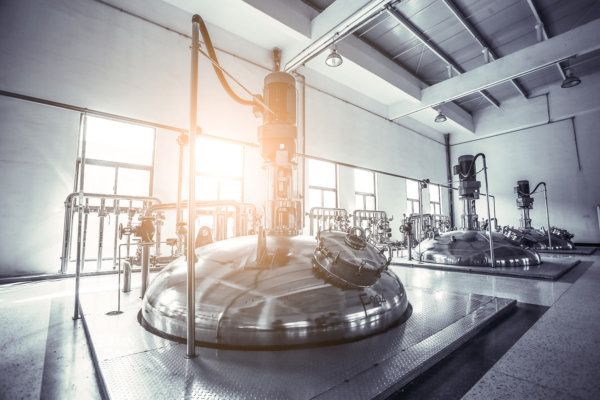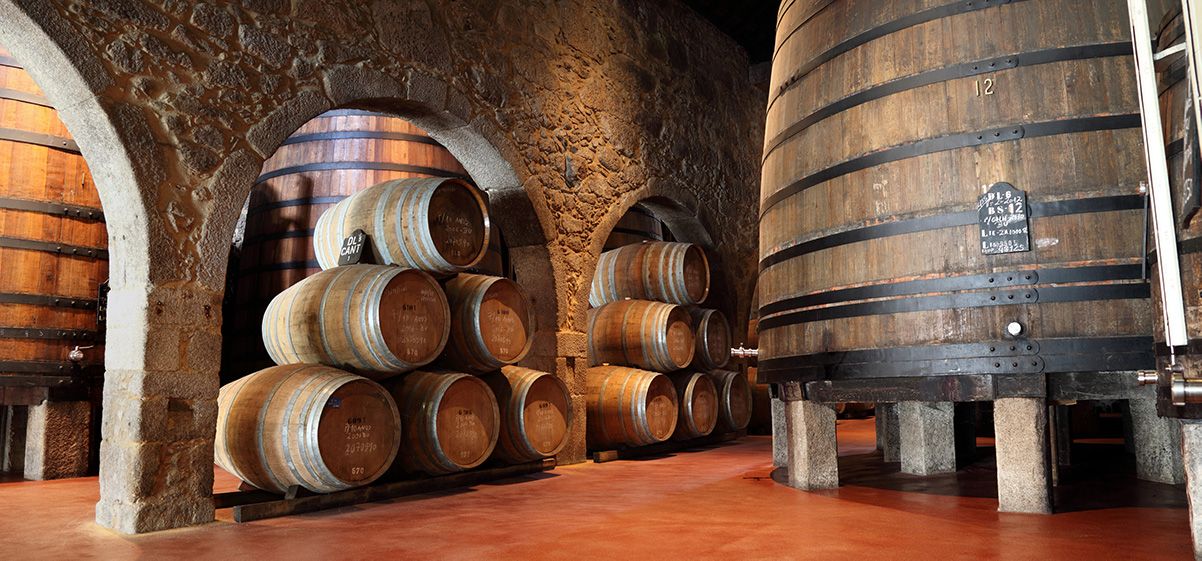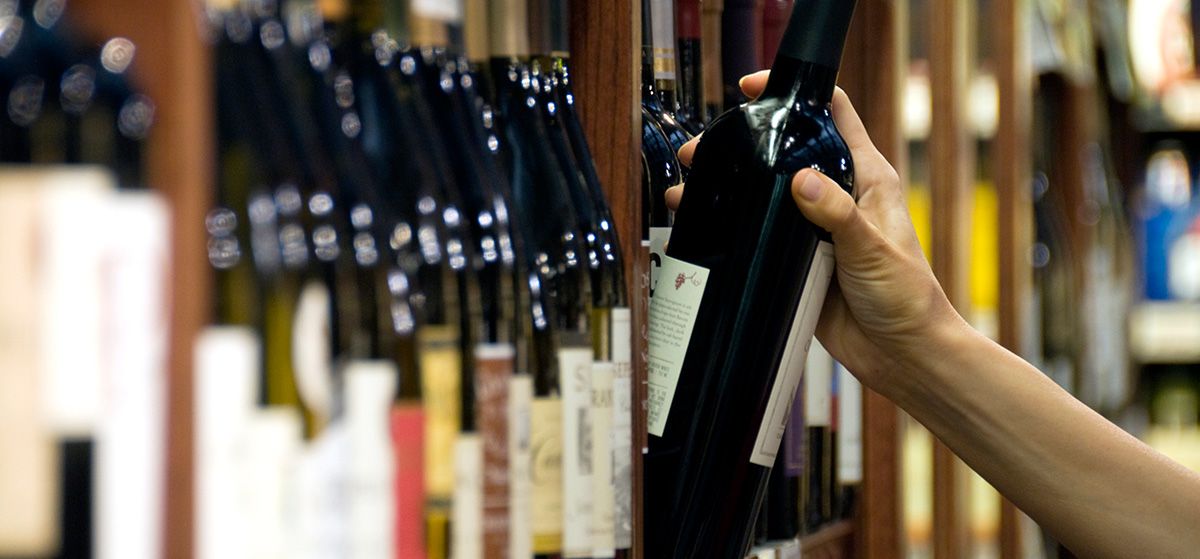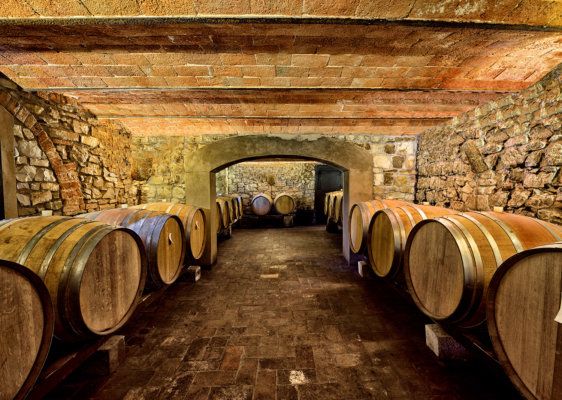Distributors are in many ways the lifeblood of the bev alc industry, so don’t take your dealings with them lightly. Ensure they will care for your products and be upfront with the them regarding the time and resources you need. Verify that your products fit in with their sales model and establish clear goals that you can use to measure success (and write those down in your contract). Taking the time upfront to check that your distributors are set to meet your needs can save a lot of headache down the road.
So, how can you form a positive business relationship with a distributor?
Good question! First, you have to prove your products are valuable. What do your sales figures look like? Are you producing varieties of drinks that are popular enough to sell in new areas? Once you demonstrate to distributors that your brand has a worthwhile product (or products), you can begin to attract attention. Certain distributors will be a better fit than others based on your expansion strategy, so it’s important to choose one that aligns well with your efforts based on regional infrastructure, shipping capabilities, and localized networks.
Next comes the “fun” part: Negotiation. You can easily be trapped in a bad deal if you aren’t careful and sign a formulaic contract. If a states has franchise laws, that can make getting out of a bad deal even harder. Hire a lawyer who will help you draft and clear and enforceable contract. A legal advisor experienced with beverage alcohol can negotiate on your behalf to strike the best possible deal and avoid future problems.
Another key component is establishing good partner relationships. If your brand managers, ambassadors, and solicitors (or anyone else representing you) develop a positive rapport with your partners, they may be more likely to help promote your brand.
